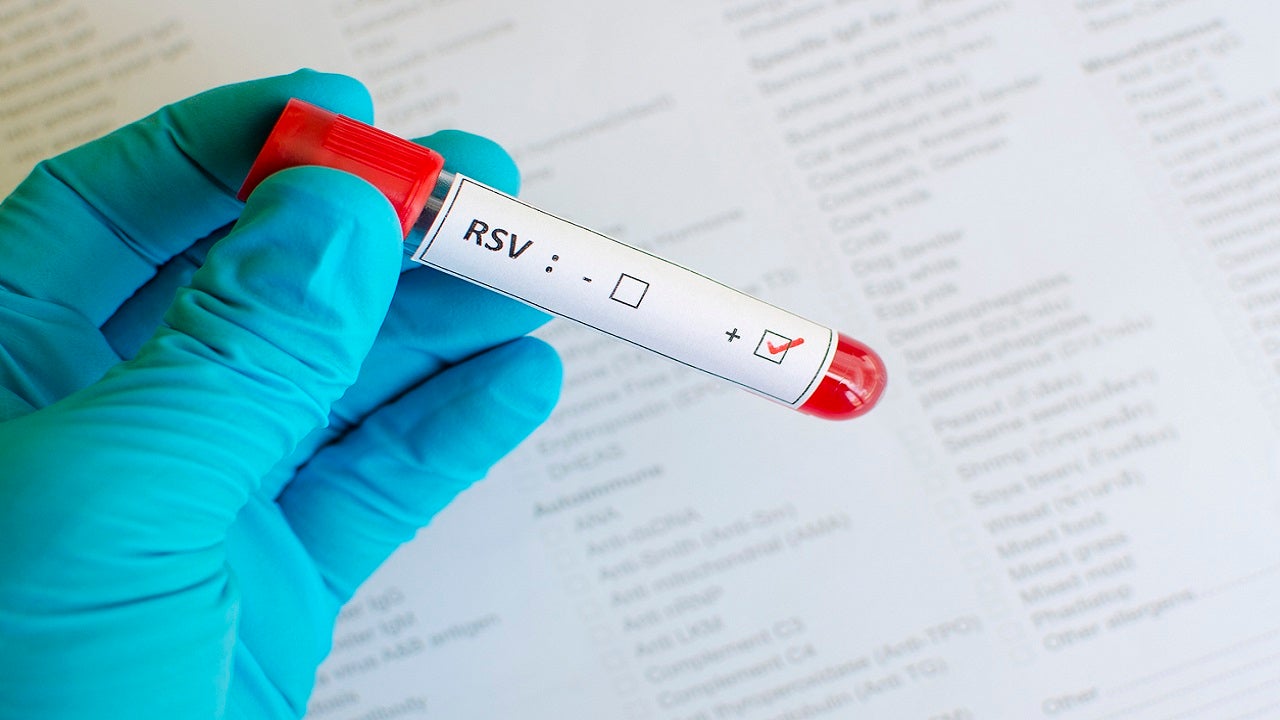Some young, otherwise healthy patients who experienced mild coronavirus reported experiencing fatigue, respiratory issues and neurologic symptoms months after recovering from the illness, according to a new study.
While imaging studies appeared normal, patients reported “debilitating symptoms,” building on the complexities of post-COVID-19 syndrome .
Results were published in Mayo Clinic Proceedings on Tuesday, stemming from the first 100 patients treated from June to late December at the hospital’s COVID-19 Activity Rehabilitation program in Rochester, Minn.
The patients were 45 years old on average and 68% were women. The vast majority had not been hospitalized for COVID-19, though months later they presented with “fatigue (80%), respiratory complaints (59%) and neurologic complaints (59%)” and mood disorders, per the study. Over one-third of patients said they had trouble performing daily tasks, and just one in three patients had returned to work by the time of analysis.
GERMAN CLINIC HELPS COVID LONG HAULERS
“Most patients in the study had no preexisting comorbidities prior to COVID-19 infection, and many did not experience symptoms related to COVID-19 that were severe enough to require hospitalization,” said Dr. Greg Vanichkachorn, medical director of Mayo Clinic’s COVID-19 Activity Rehabilitation program and lead study author, per a related release posted to EurekAlert.
CORONAVIRUS ‘LONG HAULERS’ MOST OFTEN BATTLE FATIGUE, ‘BRAIN FOG,’ STUDY SUGGESTS
“Most of the patients had normal or nondiagnostic lab and imaging results, despite having debilitating symptoms. That’s among the challenges of diagnosing PCS [post-COVID-19 syndrome] in a timely way and then responding effectively,” Vanichkachorn said.
Most patients needed physical or occupational therapy and brain rehabilitation “to address the perceived cognitive impairment” he said, characterizing the neurologic complaints as “brain fog,” a phenomenon involving difficulties with thinking. “Brain fog” among coronavirus survivors has been reported in previous studies.
For instance, a team of experts at Northwestern Medicine published related findings in March. An analysis of 100 non-hospitalized “long haulers” found that most patients reported more than four neurologic symptoms, with “brain fog” being the most predominant. Nearly half of the group reported depression/anxiety prior to coronavirus diagnosis.
Dr. Igor Koralnik, chief of neuro-infectious diseases and global neurology in the Ken & Ruth Davee Department of Neurology at Northwestern Medicine, suggested this presented a “possible neuropsychiatric vulnerability” to incurring lingering symptoms associated with “long COVID.” In the study at hand, 34% of patients experienced depression and/or anxiety prior to infection.
“As the pandemic continues, we expect to see more patients who experience symptoms long after infection, and health care providers need to prepare for this, know what to look for, and know how to best provide for their patients’ needs,” Vanichkachorn added, advising that providers be selective in suggesting pricey, often inconclusive diagnostic tests.









